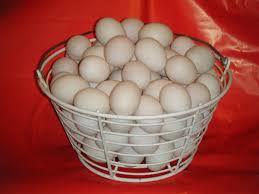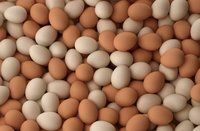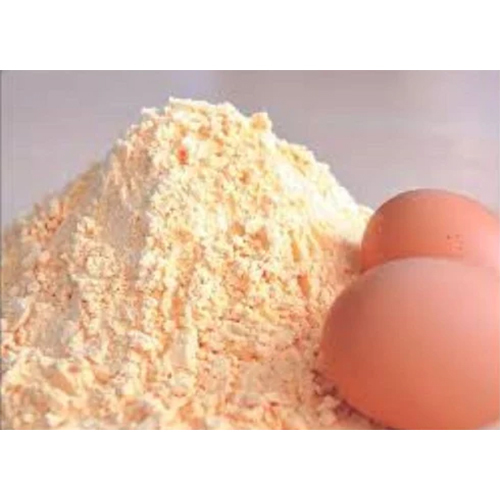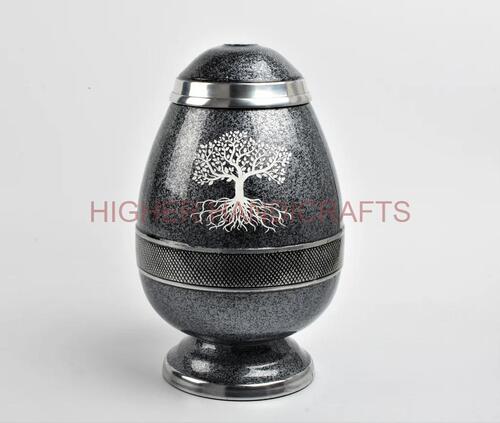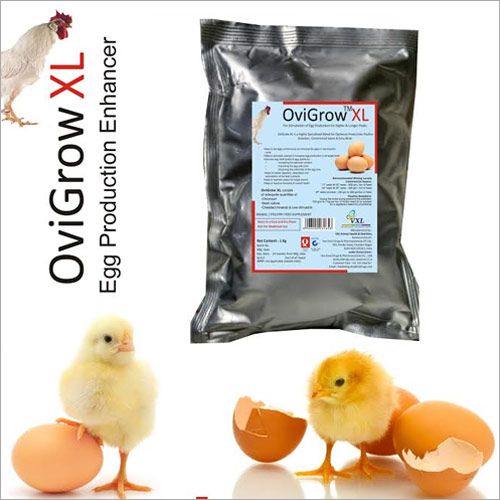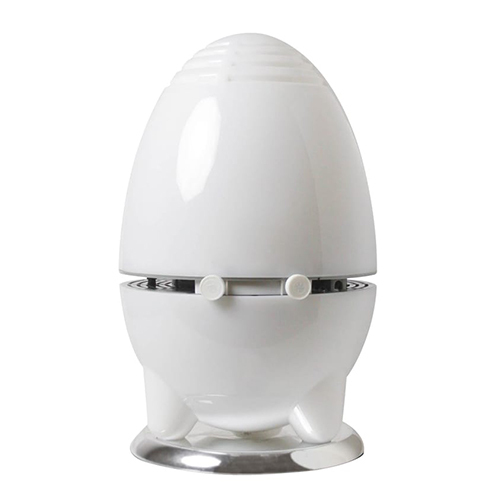Poultry eggs, especially those from chickens, ducks, and turkeys, are commonly used in cooking and have distinct characteristics. Heres a general description of poultry eggs:
-
Shell:
-
The shell of a poultry egg is typically hard and can vary in color depending on the breed of the bird. Chicken eggs, for example, can be white, brown, or even blue or green in some breeds like the Araucana or Ameraucana. Duck eggs tend to have a thicker, slightly waxy shell and are often white or pale blue.
-
The shell provides protection for the developing embryo inside and is made primarily of calcium carbonate.
-
-
Size:
-
Poultry eggs vary in size depending on the bird. Chicken eggs are the most common and come in sizes ranging from small to extra-large, while duck eggs are typically larger, with more substantial yolks. Turkey eggs are even larger and less commonly found in the market.
-
-
Color of the Yolk:
-
The yolk of a poultry egg is the yellow-orange portion. The color of the yolk can range from pale yellow to deep orange, with darker yolks often being a sign of a diet rich in certain nutrients (like beta-carotene from grass or corn).
-
-
Egg White (Albumen):
-
The egg white, or albumen, is a clear, viscous liquid that surrounds the yolk. When the egg is fresh, the white is thick and firm. As the egg ages, the white becomes more runny and less firm. It consists mostly of water and protein, and it acts to protect and cushion the yolk.
-
-
Membrane:
-
Beneath the hard shell, there are two thin membranes (inner and outer) that help protect the contents. These membranes are especially important in preventing bacteria from entering the egg.
-
-
Shape:
-
Most poultry eggs are oval or slightly pointed at one end. However, minor differences in shape may occur, such as more elongated or round eggs depending on the breed.
-
-
Nutritional Content:
-
Poultry eggs are rich in protein, healthy fats, vitamins (like vitamin A, B12, and D), and minerals (including iron and selenium). Duck and goose eggs are typically higher in fat and protein compared to chicken eggs.
-
-
Taste and Texture:
-
Eggs from different poultry can have subtle flavor differences. Chicken eggs are mild and widely used. Duck eggs, with their thicker shells and richer yolks, often have a creamier, more intense flavor and are favored for certain recipes like baking. Turkey eggs, although similar to chicken eggs, can have a stronger flavor, and their availability is more limited.
-
These characteristics can vary depending on the type of poultry and the bird's diet, living conditions, and breed.



